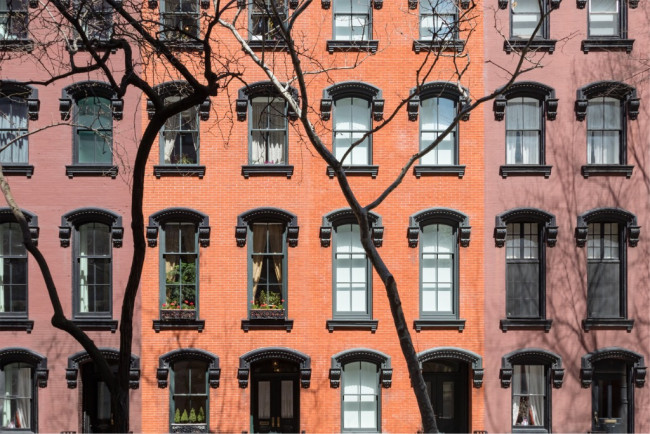New York State budget raises the mansion and state transfer tax to fix the MTA

Square footage can be useful in some cases but it can also mask variations in units.
iStock/Nicholas McComber
Changes to the ‘mansion tax’ mean it’s going to get even more expensive to buy a property over a $1 million in New York City. Currently, a 1 percent fee is added to a buyer’s closing costs if the sale of a condo, co-op or single family home goes over the $1 million threshold, now the tax could be scaled up to 4.15 percent on sales that reach $25 million or more.
The plans were announced as part of annual budget proposals with the revenue earmarked, along with a NYC congestion charge, for what Governor Cuomo calls “a consolidation of the MTA.”
For the first time since it was introduced in 1989, the mansion tax would be scaled, rising from a fee of $10,000 for a $1 million dollar unit to over a $1 million in taxes on a property of $25 million.
The mansion tax isn’t the only closing cost to get steeper, the state transfer tax is also being increased from 0.4 percent to 0.65 percent for residential properties selling at prices over $3 million. Typically the seller pays the state and city transfer taxes, but in some cases that cost is put on the buyer.
These one-time levies turned out to be more popular with politicians than the pied-à-terre tax, which didn’t make it into the budget. The tax would have been an annual payment for multi-million dollar second homes, which some called catastrophic to the New York City market. The idea gained some traction when Chicago-based billionaire, Ken Griffin, bought a $238 million Manhattan penthouse but the tax was shelved when real estate interests lobbied against it.




























